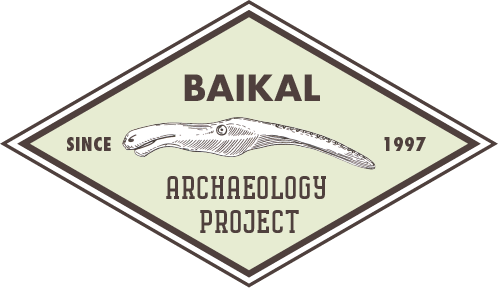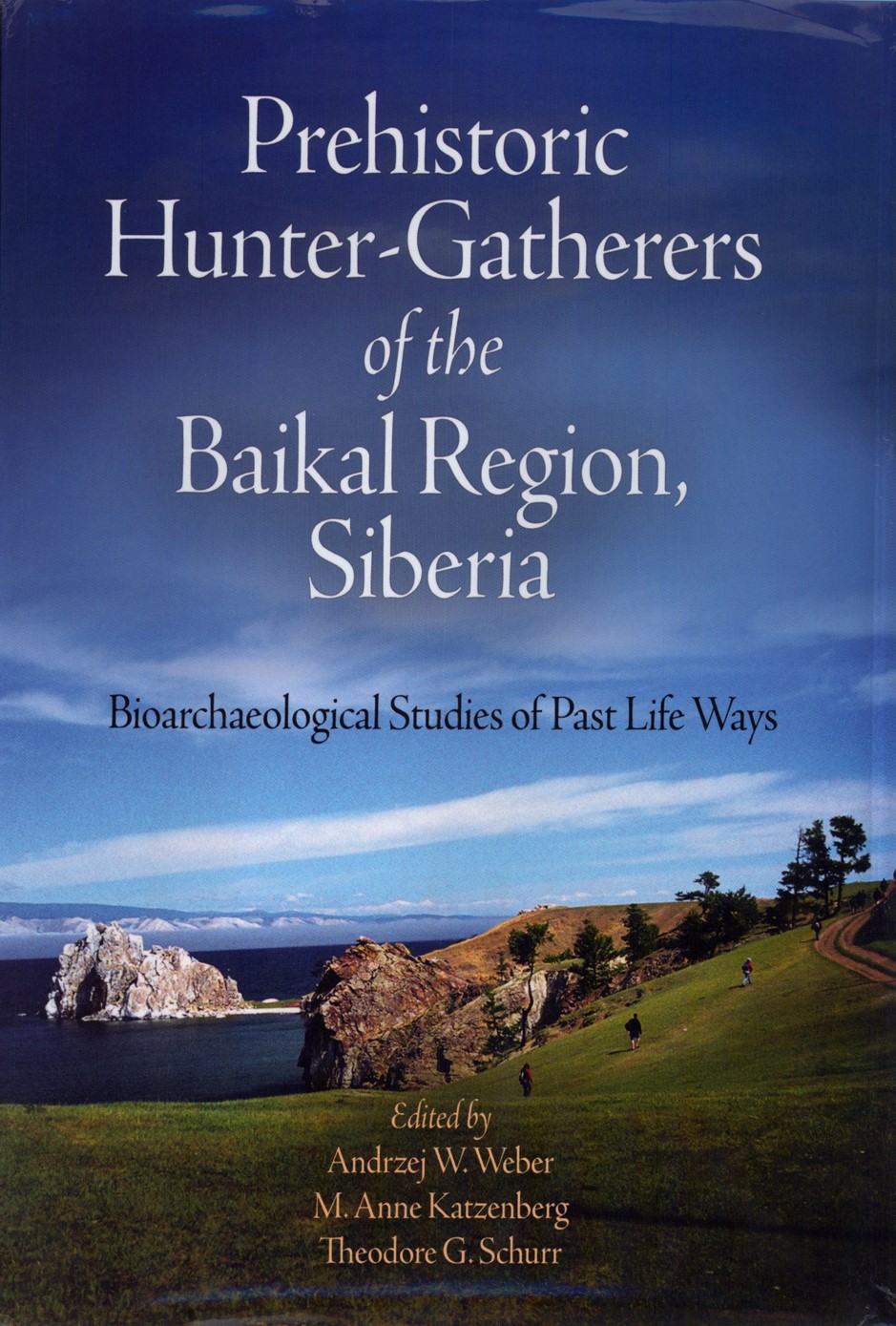A volume in the University of Pennsylvania Museum of Archaeology and Anthropology series
Siberia’s Lake Baikal region is an archaeologically unique and emerging area of hunter-gatherer research, offering insights into the complexity, variability, and dynamics of long-term culture change. The exceptional quality of archaeological materials recovered there facilitates interdisciplinary studies whose relevance extends far beyond the region. The Baikal Archaeology Project – one of the most comprehensive studies ever conducted in the history of subarctic archaeology – is conducted by an international multidisciplinary team studying Middle Holocene (about 9,000 to 3,000 years B.P.) hunter-gatherers of the region. Funded by the Social Sciences and Humanities Research Council of Canada, the project includes scholars in archaeology, physical anthropology, ethnography, molecular biology, geophysics, geochemistry, and paleoenvironmental studies.
This book presents the current team’s research findings on questions about long-term patterns of hunter-gatherer adaptive strategies. Grounded in inter-disciplinary approaches to primary research questions of cultural change and continuity over 6,000 years, the project utilizes advanced research methods and integrates diverse lines of evidence in making fundamental and lasting contributions to hunter-gatherer archaeology.


